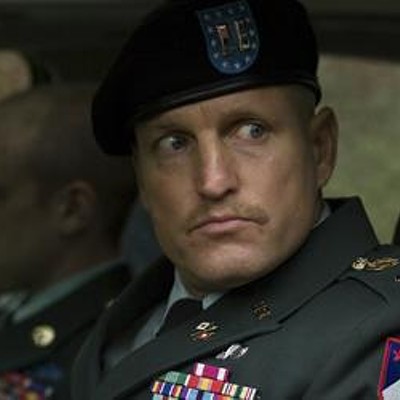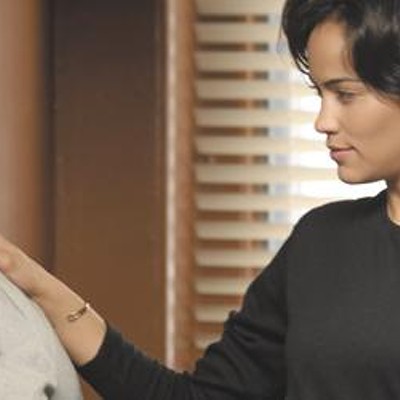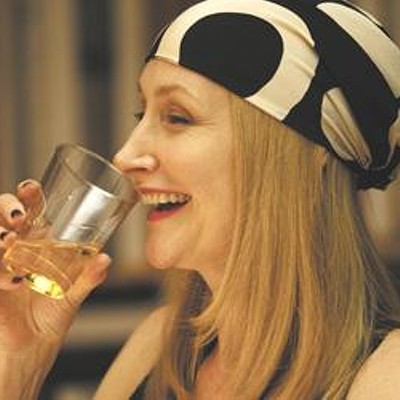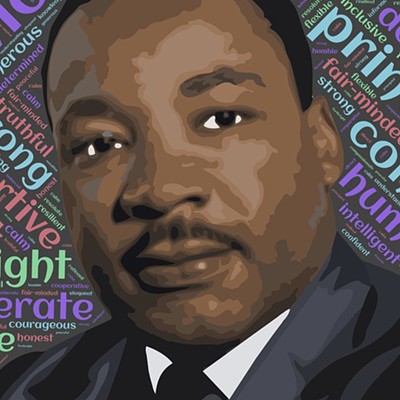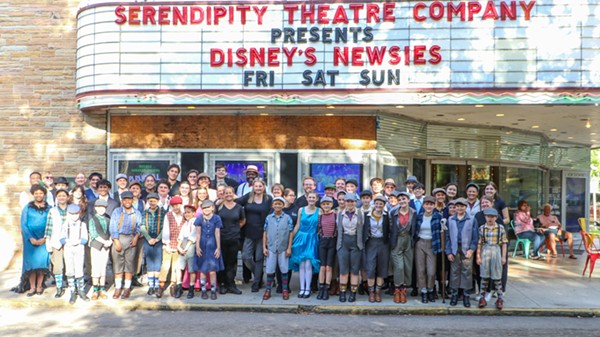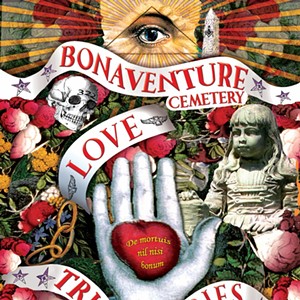JOHN CARTER
**1/2
Released in 2-D, 3-D, IMAX and possibly even a sepia tone version, John Carter arrives on the 100th anniversary of the title character's first literary appearance, when Edgar Rice Burroughs initially gave him life in the pages of a pulp periodical. It wasn't until after Burroughs' gargantuan success with the first few Tarzan books that Carter's chronicles were collected for a hardcover treatment (under the moniker A Princess of Mars), with more novels to follow over the ensuing decades.
James Cameron publicly declared that the John Carter canon was one of the primary inspirations for Avatar, and this new film arrives with all the multi-million-dollar CGI effects we've come to expect (or, in the case of younger audiences, demand) from our fantasy flick fodder. Yet perhaps because of the age of its source material as well as the often wide-eyed approach taken by Pixar vet Andrew Stanton (the WALL-E and Finding Nemo director, here making his live-action debut), John Carter feels more old-school than its budget would suggest.
Standing somewhat apart from today's blockbusters-of-the-week, it hews more closely to such nostalgia-tinged projects as 1980's Flash Gordon and 1991's The Rocketeer, narratively simple adventure yarns that charmingly worked their straightforward delineations of good and evil into no-frills fun. A key difference, though, is that while those two movies were savvy enough to occasionally wink at themselves and even engage in a bit of camp, John Carter takes itself far too seriously, and what should be, as the barkers once said, a rip-roaring good time all too often finds itself crushed under its grim-faced grandeur.
Taylor Kitsch, who didn't make much of an impression as Gambit in X-Men Origins: Wolverine, again tries to parlay his Friday Night Lights TV stardom into full-blown cinematic acceptance. He's not as bland as, say, Sam Worthington, but his performance as John Carter isn't what anyone will be recalling as they leave the theater.
As in the source material, his Carter is a Civil War-era Virginian who, through means too lengthy to explain here, finds himself transported to Mars. There, his body mass gives him extra strength, speed and agility, all of which he'll need as he becomes mired in a conflict involving the various warring factions on the Red Planet (called Barsoom by its inhabitants).
For much of the time, he's the prisoner of the Tharks, a race of green-skinned creatures who, aside from the take-charge Tars Tarkas (voiced by Willem Dafoe) and the demure Sola (voiced by Samantha Morton), treat him brutally. At other points, he's aligned with the human-looking residents of Helium, particularly the fearless Princess Dejah Thoris (Lynn Collins). Lastly, there are the Therns, whose leader (Mark Strong) won't let Carter interfere with his nefarious plans for the planet.
There are some fantastic sights in John Carter -- our hero able to leap tall buildings in a single bound (hey, just like Superman!); an arena sequence more entertaining than the ones in Gladiator (admittedly, Russell Crowe didn't have the advantage of squaring off against a giant white ape); a homely yet endearing Martian dog that becomes man's best friend -- but there's also a lot of overkill, with Stanton and his crew often cluttering up the visuals with the deranged frenzy of George Lucas retooling his Star Wars sagas.
Speaking of Star Wars, the political subplots often grow so wearying that we half-expect The Phantom Menace's Qui-Gon Jinn to show up and start discussing Trade Federation taxation. Yes, John Carter is occasionally that dull, and yet overall, it grows more interesting as it progresses, with a second half that should energize moviegoers who slumbered during the laborious first hour. Now whether that energy boost will translate into a desire to see a sequel, I cannot say.
RAMPART
***
Dave Brown, the corrupt cop at the center of Rampart, is described by one of his own daughters as "a dinosaur ... a classic racist, a bigot, a sexist, a womanizer, a chauvinist, a misanthrope, homophobic clearly." Why stop there? He's also a bully, a thief, a murderer -- and one of the most compelling cops seen on screen in some time.
Dave Brown is played by Woody Harrelson, who earned a well-deserved Oscar nomination a couple of years ago for his supporting stint in writer-director Oren Moverman's The Messenger. Whereas that film found Harrelson playing a decent man grimly doing a dirty job -- an army captain tasked with informing families of the deaths of their loved ones who were off fighting for God and country -- Moverman's new picture finds him cast as an indecent man happily tackling a dirty job: serving as a "soldier" (his word) in an effort to cleanse the Los Angeles "jungle" (ditto).
With a real-life 1999 LA police scandal serving as the backdrop, Rampart follows Dave as his life begins a downward spiral. Caught on camera savagely beating a civilian and later involved in a highly questionable shooting that leaves a Hispanic man dead, Dave becomes the poster child for everything that's wrong with the police force.
He becomes a target of both the d.a.'s office (repped by Sigourney Weaver and Steve Buscemi) and an Internal Affairs investigator (Ice Cube), and he's not even sure he can trust his friends; specifically, a lawyer who comes to share his bed (Robin Wright) and an ex-cop with dirty dealings but a clean reputation (Ned Beatty).
With a rare screenplay from L.A. Confidential novelist James Ellroy that he co-wrote with Moverman, Rampart is more of a character study than any sort of crime procedural, and it's all the better for it. Adding to its allure are the offbeat domestic scenes that find Dave contending with his two ex-wives (Cynthia Nixon and Anne Heche), who not only happen to be sisters but also live with their daughters (one apiece) all under the same roof. Given the knotty dynamics at play, it's not really surprising that Dave is the one who's ordered to move out.
Dave Brown appears to be a distant cousin to the title character from 1992's Bad Lieutenant, although neither Harrelson nor Rampart ever veer as close to the edge as Harvey Keitel's sleazy cop or the NC-17 film that housed him. In fact, despite his myriad flaws, it's impossible to completely write Dave off. His notoriety on the force stems from an incident from several years back, when he killed a serial date-rapist out of disgust -- vigilante aspect aside, it's hard to side against a guy like that.
And it's interesting to note that while he does enjoy beating people up (only the "bad ones," he assures everyone), he never strikes any women, even when one (Heche) deliberately provokes him and another (Wright) throws a glass at him (his typical reaction to most confrontations is laughter). When he tells Ice Cube's intrepid IA agent, "I am not a racist. The fact is, I hate all people equally," we believe him, at least momentarily. (Of course, he can't stop himself from adding, with a smile, "And if it helps, I've slept with some of your people.")
Yet where Dave Brown most earns our sympathy is when it comes to his relationships with his two daughters, teenage Helen (Brie Larson) and moppet Margaret (Sammy Boyarsky). He loves them unequivocally, not grasping that the choices he makes in all areas of his life -- at work and at home -- will invariably come to poison their love and respect for him.
He's already all but lost Helen, and it's possible that Margaret will follow suit. Harrelson delivers an excellent performance from start to finish, but he's especially affecting in those sequences in which he's agonizing over the sins of the father and what they end up costing him.


